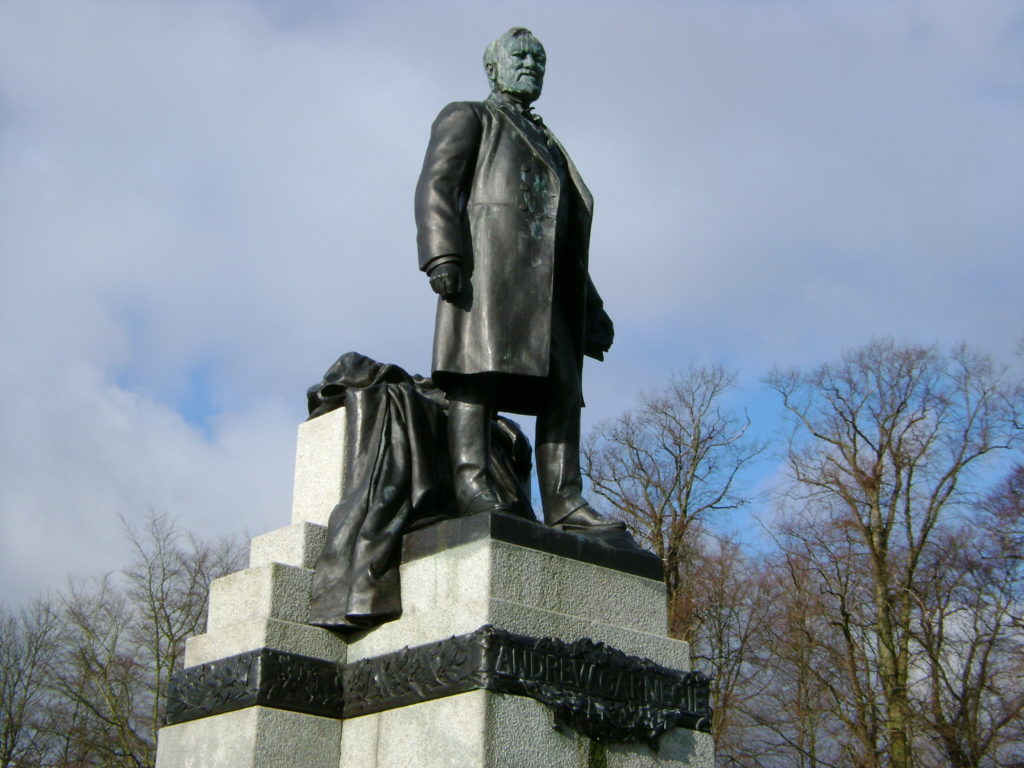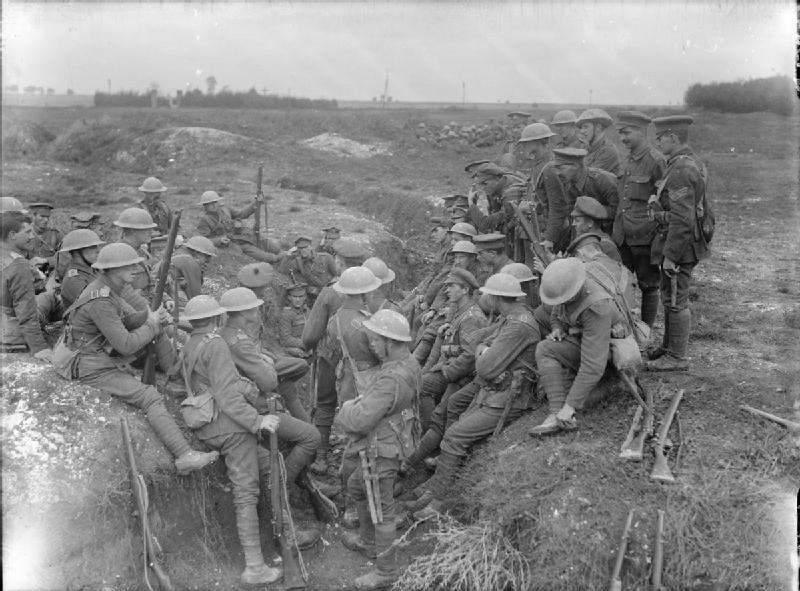BERWICK ADVERTISER, 25 AUGUST 1916
THE FREEMEN’S ACADEMY
It is hoped that the Freemen may give an attentive ear and serious consideration to the timeous and admirable suggestion made by Mr Charles Forsyth as to opening he Corporation Academy to a wider circle of fee paying pupils. It is when one contrasts the finely equipped elementary schools – palatial to a degree, which have been erected in many of the larger towns in Scotland, and the concentration and co-ordination of educational institutions, which a few years ago were run as separate units, that one realises how far Berwick is behind the times. Let some of the Berwick people visit a reasonably sized Scottish town and inspect the facilities and benefits which the children there enjoy, and he will return to the Border town a little crestfallen.

The days of educational institutions run for one particular class is a thing of the past – the desire is to extend educational facilities in all directions. Mr Andrew Carnegie, in opening the Scottish Universities to poor students, has emphasised this, and has proved a national benefactor. The Freemen need not for a moment think they are running any risks if they act on the commendable suggestion Mr Forsyth makes; but, on the other hand, if the Corporation School is maintained for a small section of pupils, which is getting more attenuated each year, it will tend to bring deserved public criticism on what may be genuinely regarded as a scandal.
LOCAL NEWS
The N.F. and the V.C. – The Northumberland Fusiliers, whose curious notion that they were not eligible for the V.C. has just been removed by the War Office, are one of the British regiments in existence, and have a bewildering wealth of distinctions. Well do they deserve their nickname of the “Fighting Fifth” ( “the ever-fighting, never-failing Fifth”), for since their baptism of fire at Maestricht, two centuries and a quarter ago, they have been in the thick of it in almost all our wars, and boast no fewer than 18 battle honours. For an amazing feat at Wilhelmstahl, when they took double their own number of enemy prisoners, the Fifth were granted the very rare honour of a third colour, and for another exploit they are privileged to wear roses in their caps on St. George’s Day.

The erroneous impression that no Victoria Cross can be gained by the Northumberland Fusiliers used to be an actual fact in the case of the Brigade of Guards. When the medal was instituted it was not everywhere received in the spirit intended. The Guards’ officers decided that all men in the brigade were equally brave; this crystallised into a tradition, with the result that no recommendations for the V.C. were ever forwarded to Headquarters from a Guards regiment. But with new men came new manners, and now the Guards as well as the “Fighting Fifth” stand an equal chance with the rest of the Army.
The War Hospital Supply Depot in Bridge Street, Berwick, will open to the public on Saturday first, when everyone should take the opportunity of seeing the great work done here for our wounded soldiers and sailors.
BERWICK BOARD OF GUARDIANS
HOW THE WAR AFFECTS US
A meeting of the Berwick Board of Guardians was held in the Board Room of the Workhouse on Monday. Mr James Mowitt (chairman) presided, and other members present were Miss A. E. Henderson, Mrs J. G. Willits, the Rev. Robert Leggat, the Rev. W. M. Smythe, Dr Wm. Smyth, Mr James Chisholm, Mr Geo. W. Glahome, mr Thomas Aird, Mr George Morrison, Mr F. Richardson, Mr Geo. A. Turnbull, Capt. J. C. Collingwood, Mr John R. Wood, Mr Ed. Waugh, Mr Mathew C. Robertson, Mr Aaron D. Morton, Mr James H. Armstrong, Mr George R. Lumsden, Mr Robert Boston, and Mr John A. Stewart; also attending Mr Robert Smith, acting clerk, and Mr A. H. Banks, Workhouse master.
SOLDIER AND SAILOR LUNATICS
The Plymouh Guardians forwarded the following letter:-
Dear Sir,
Soldier and Sailor Lunatics.
Since the outbreak of war, a number of lunatic soldiers and sailors have been transferred to the Borough asylum and made chargeable to the poor rates of this Incorporation under the provisions of the Army Annual Act, section 91. The Guardians are of opinion that it is highly improbable that more than a small proportion of the men in question, would have become lunatics, had It not been for the stress and strain of the war, and under the circumstances, they consider that their maintenance should be a national and not a local charge. They also consider it is very undesirable that men whose mental facilities have become deranged while serving their country, should be classified as pauper lunatics, and are, therefore, urging the Association of Poor Law Unions of England and Wales to take whatever action they may deem advisable, either by deputation or representations in Parliament, with the object of bring about such alteration in the law, as shall remove from the statute book, the provision which enables soldiers and sailors on their discharge from the army and navy as lunatics, to be made a charge upon the poor rates. The Guardians will be glad to hear that your Board are prepared to support them in this matter and that they will instruct their Association Representatives accordingly.
Yours truly, W.H. DAVY
Clerk to the Guardians.
Captain Collingwood, Mr Richardson, and Mr Armstrong supported the terms of the letter, and I was unanimously agreed to approve of same.


![Open Air School. Class II Writing Lesson. [HOSP/STAN/11/1/27]](http://www.northumberlandarchives.com/wp-content/uploads/2015/01/HOSP-STAN-11-01-27-202x300.jpg)
![NRO 10321-3 [MAG P4]](http://www.northumberlandarchives.com/wp-content/uploads/2015/03/NRO-10321-3-MAG-P4.jpg)